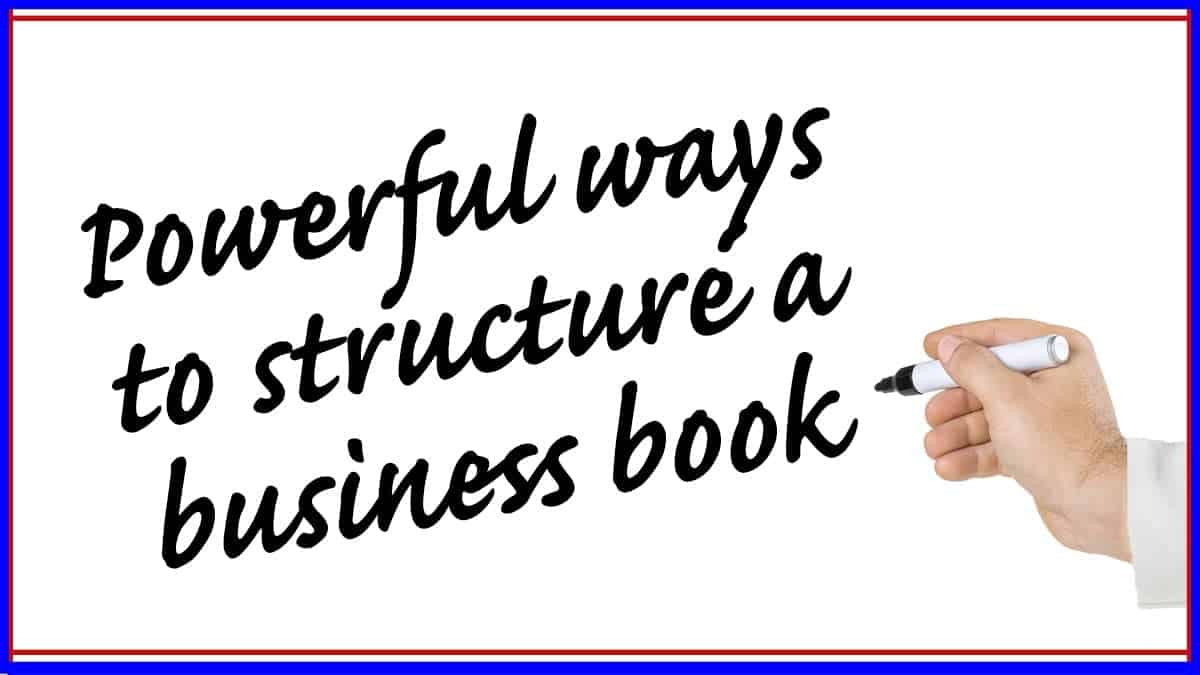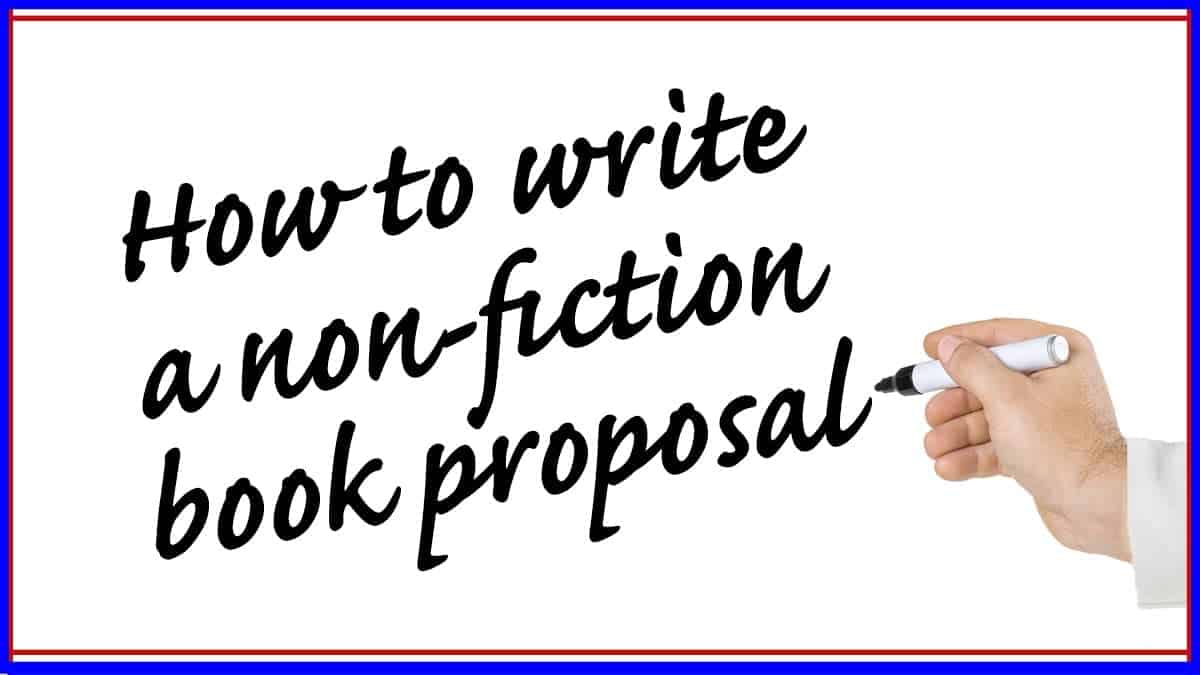What Kind of Book Should I Write?
(For the purposes of this article, I’m assuming you’re in business. But the information in this article also applies to people in the military, politics, sports, the arts, and other arenas.)
You’ve heard it over and over again. It seems like everyone’s told you, “You should write a book!”
And why not? You’ve spent years finding your way through personal and professional labyrinths. In the process, you’ve accumulated an amazing collection of funny, dramatic, and jaw-dropping stories.
But what form should your book take? Should it be a chronological presentation of your whole life or an intense look at a specific portion? Should you emphasize facts, feelings, or lessons you’ve learned, or something else?
There are many ways to present your story, including autobiography, memoir, “my company and me,” best business practices, lessons learned, how to apply lessons from the business world to other aspects of life, and, of course, the ever-popular tell-all. Let’s take a quick look at each of these.
#1 – Autobiography
An autobiography is a fact-based retelling of your life story from birth to the present day. You touch upon, or discuss in depth, all of the important people, places, dates, and events of your life. In a sense, it’s a “blueprint” that readers can use to reconstruct your life. Your business experience is a significant part of your autobiography. (For more, see “How to Write Your Autobiography.”)
Examples include Call Me Ted, by CNN founder Ted Turner, and Iacocca: An Autobiography, by former Ford president Lee Iacocca.
#2 – Memoir
A memoir examines your thoughts and feelings. It’s similar to an autobiography in that the readers learn about you. But while an autobiography is a fact-based look at your entire life, a memoir is a subjective look at how certain people, places, times, relationships, or events impacted and changed you. Many powerful memoirs focus on a single aspect of the author’s life. It might be the first year at college or a relationship with a friend or mentor. Perhaps it’s a big business success (or failure), or the loss of a loved one. While an autobiography is a “blueprint” of your life, a memoir invites the readers to take a peek into your heart and mind.
Examples include That Will Never Work: The Birth of Netflix and The Amazing Life of an Idea, by Marc Randolph. There’s also The Boys: A Memoir of Hollywood and Family, by filmmaker Ron Howard and his brother, actor Clint Howard. If you’re planning to write a memoir, be sure to read our article on “How to Write a Memoir.”
#3 – My company and me
A “my company and me” book looks at both you and your company or companies. It may be a fact-based “double autobiography” interweaving your story with the story of the business. Or it may be more like a memoir, focusing on certain aspects of your life and the life of the business that intertwine and affect each other.
Examples include Hit Refresh, by Microsoft CEO Satya Nadella. Also look to Father, Son & Co: My Life at IBM And Beyond, by Thomas J. Watson.
#4 – Best business practices
A best business practices book teaches readers about your line of work. Based on your personal training and experience, it presents practical information and techniques. It may focus on a narrow topic or take a broader, even encyclopedic approach.
Examples include Ogilvy on Advertising, by David Ogilvy, founder of Ogilvy & Mather, plus All Marketers Are Liars, by guerilla marketing mavin Seth Godin.
#5 – Lessons learned
A lessons-learned book is similar to the best business practices book in that it is based on your business experiences. But rather than teaching the readers specific things they can use in day-to-day business activities, it focuses on larger lessons or principles. This makes it less about techniques and more about wisdom and insight.
Examples include What It Takes: Lessons Learned in the Pursuit of Excellence, by Blackstone Co-Founder Stephen Schwarzman. Also look to The Ride of a Lifetime: Lessons Learned from 15 Years as CEO of the Walt Disney Company, by Robert Iger.
#6 – How to apply lessons
A how to apply lessons from the business world to other aspects of life book utilizes your business experiences to teach lessons about living life in general. These lessons may be about how to make decisions, face adversity, or something similar that’s not strictly related to business. For example, if you’ve worked your way up from the mailroom to the boardroom, your book might talk about how goal-setting and persistence are helpful in every aspect of life.
Examples include Time to Make the Donuts: The Founder of Dunkin Donuts Shares an American Journey, by William Rosenberg, and Like a Virgin: Secrets They Won’t Teach You at Business School, by Richard Branson.
#7 – Tell-all
A tell-all book blows the lid off heretofore hidden secrets about your business or industry. You reveal the inside secrets and shames of your business with the goal of shocking or even outraging your readers.
Examples include Geeks Who Can Schmooze: A Credit Suisse Private Banker Tells All, by W.E. Kidd, and Where Are the Customers’ Yachts? A Good Hard Look at Wall Street, by stock broker Fred Schwed.
Other approaches abound
This brief description of the types of books you might write is far from exhaustive, and you can also tell your story in a hybrid form. For example, many excellent memoirs also offer lessons; conversely, many lessons-learned books are quite memoir-ish. And most of the books I’ve listed above as examples blend elements from at least two different types.
Still, it’s important to ask yourself which of these types best suits your story, and which parts of your story fit neatly into that form. For example, the 20-page description of your family history that works well in an autobiography probably doesn’t belong in a tell-all book, and humorous stories from your college days may offer great lessons learned, but may not work in your best business practices book.
So choose your format, and don’t step over the lines without a good reason. If you are not clear about what you are writing, then your book will not be clear and your readers will be unhappy. If you’d like to learn more about what goes into the making of a business book, see “How To Write a Business Book.”
It’s also important to consider who you are writing for, and why; to think about your goals in writing and your readership.
Would You Like Help Writing Your Book?

If so, give us a call! We’re Barry Fox and Nadine Taylor, experienced ghostwriters and authors with a long list of satisfied clients and editors at major publishing houses.
You can learn more about our ghostwriting experience on our Home Page.
If you’d like to get started on your book, call us at 818-917-5362 or use the contact form below to send us a message.
Please Note: Although we’re based in Los Angeles, California, we travel around the U.S. and abroad to meet with our authors. We do not ghostwrite screenplays, books for children, poetry, or school papers.










